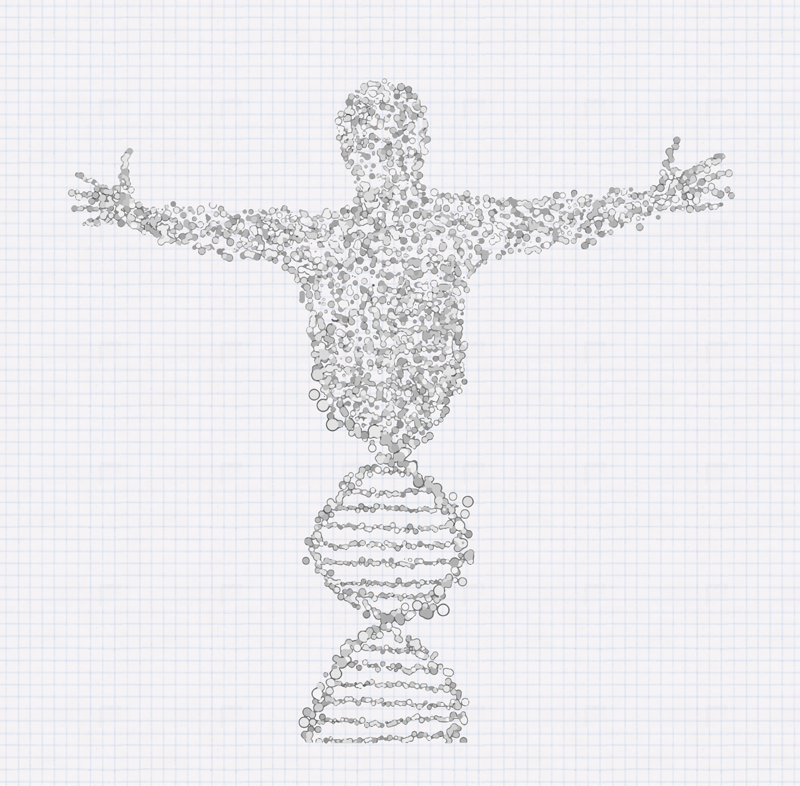Latest research animations
Self-assembly of spider silk
This gut microbe might protect against diabetes and reduce insulin resistance
NEW: One-way hydrogel guides motion of tiny worms!
Latest Posts
ּּּBigger oocytes = more mistakes
Superfly flight simulator helps unravel navigation in the brain
Skipping fatty acids could be recipe for schizophrenia
A gut-wrenching defense against parasitic worms
Memory retrieval needs a neuronal connecting flight
From egg to embryo
This nickel catalyst bats from both sides of the plate
New info about how chromosomes form
Tracking how stars grow up in a virtual playground
Protons are lighter than previously thought
Untangling depression in Huntington’s disease
Imaging whole-body cancer metastasis at the single-cell level
Meet the editors: the growing pains of scientific publishing
Carbon nanotubes, what are they good for?
Finding real rewards in a virtual world
RIKEN is looking for you
Promising mouse model for Ngly1 deficiency
Nihonium walk of fame
New rice fights off drought
Centennial RIKEN Research
Don’t know anything about RIKEN?
Blocking obesity with a protein-sugar combination
Robotic researcher to the rescue
RIKEN Research Winter Issue
The geometry of consciousness is a multi-dimensional math trip
RIKEN Research Fall Issue
Locating social memories in the brain
Big news in iPS cell transplants
In Japan, women in science seek allies, resources in push for gender equality
Measuring altitude — with clocks?
The sound of molecules: NMR-inspired music
Eve Marder: freeing knowledge, crashing neurons
None of us would get on a plane that had its parts changed in mid-air, says Eve Marder, who has spent her career probing a very specific cluster of crustacean nerve cells. Yet we are all walking around undergoing a constant turnover of cellular parts, and so are the lobsters and crabs Marder studies.
RIKEN Research Summer issue
ESOF and the gimungous telescope
Call for science-inspired art
Why “nihonium”?
Nerd Nite comes to Tokyo
RIKEN Research Spring issue is here
Organ regeneration in the lab
Simple but revolutionary modular organoids
Thoughts on the genetics of medicinal licorice
Pathogenic genetic variation linked to H. pylori-related stomach cancer
ERRg predicts atrial fibrillation and hidden comorbidity
Memories are made of this ?? – (Part 2)
Replicating opossum heart regeneration to help fight cardiovascular disease
Spacey, nerdy nights in Tokyo
Memories are made of this ? ? – (Part 1)
Hibernation-like state can protect kidneys during heart surgery
Dec
27

First hydride-ion battery that works at room temperature
Researchers develop a new solid electrolyte that can conduct hydride ions, thus allowing better hydrogen-based batteries and fuel cells.
Nov
10

Plants to the rescue: cleaning up our dirty soil
A brief review of phytoremediation and research into how plants can be used to clean the environment.
Nov
1

Stolen genes used for parasitic mind control
Parasitic horsehair worms evolved to control their praying mantis hosts by stealing their genes (horizontal gene transfer).
Sep
27

Machine learning contributes to better quantum error correction
Researchers have developed an autonomous method for handling error correction in quantum computing. This will help quantum computers maintain their advantages over standard computers.
Sep
20

Laser melting ice-core sampler for studying climate change
This laser melting ice core sampler can determine temperature changes thousands of years ago on very fine timescale.
Aug
31
















































